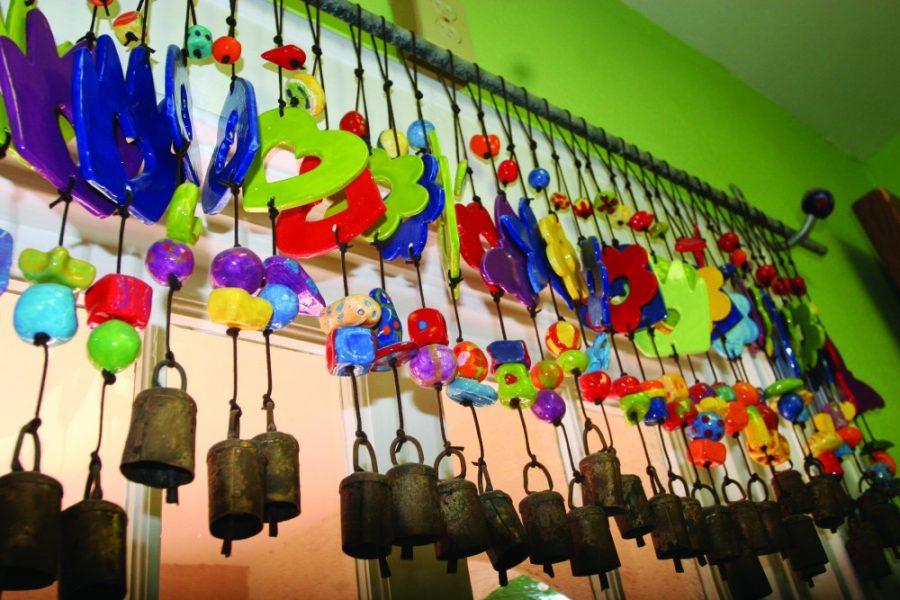The morning after Thanksgiving this year, still stuffed from my three-course feast, I woke up from my turkey-induced coma and began my five-hour shift at my local “Meals on Wheels, Loaves and Fishes” house. For five hours, draped in an apron and wearing a hair net and latex gloves, I diligently assembled microwavable meals that were then packaged and sent to immobile senior citizens.
Each time I loaded another tray of frozen chicken, rice and carrots to be packaged, I thought of my Thanksgiving meal the night before: turkey and salmon, six different side dishes and three different desserts.
Flipping over our calendar, the month of December takes us by surprise, though we’ve been anticipating the end of the semester for months. The end of finals marks the beginning of the holiday season, the “season of giving.” But we often get caught up in our own wants and wishes. Those five hours at “Meals on Wheels” helped me realize giving up my time to help others was infinitely more important than, say, spending those five hours shopping for doorbuster deals and being one of those shoppers that added to the estimated $52 billion in sales on this Black Friday.
Instead of launching into hibernation at the start of winter break by escaping the cold, spending hours catching up on sleep, movies on Netflix and gorging ourselves with food we’ve been denied while being at college, we can make the most out of our time and give it to others — and students on campus here are doing just that.
Tucson has a range of organizations, foundations, charities and nonprofits throughout the area that apply to all different types of interests and focuses.
The YMCA of Tucson gives you a chance to lead a program or special event and be a role model to kids.
The Ben’s Bells Project, within walking distance of campus on University Boulevard with a new location opening up downtown next month, can give you an escape from finals while spending a relaxing afternoon painting beads. But the bells are all about kindness, and the purpose is for “people to remember how much power they have each day to make the world a better place simply by being kind,” according to the project’s website.
The International Rescue Committee in Tucson allows volunteers to work directly with refugees to help them rebuild their lives after escaping conflict seeking safety in the United States.
Both social, multicultural, professional, honors societies and service fraternities and sororities require their members to complete a certain amount of community service hours.
Although members may be less eager and interested to do something “required,” the experience can make them realize how important giving back is.
But for other students, fraternities directed toward volunteer efforts offer a great chance to give back.
“It makes you feel good,” said Ian Rios, community service chair for the UA’s Alpha Phi Omega, a community service fraternity.
Volunteering builds a sense of character and you get to interact with people you wouldn’t normally work with, Rios said, adding that not only does it look good on a resume and lead to great networking, but people always come back from their experience with stories of helping others and how much they enjoyed it.
Rios said his service fraternity often overstaffs a lot of the community service events they take on.
“It’s always better to have more people than not enough,” Rios said.
Local organizations encourage volunteer efforts not just here but also back home, where volunteering websites have databases full of opportunities and resources that make it easy to search for something local.









